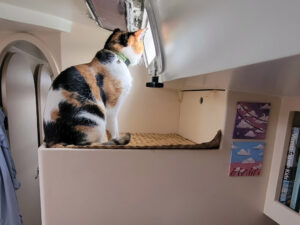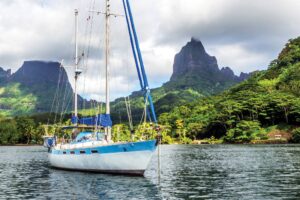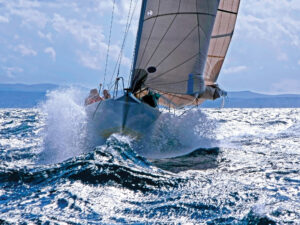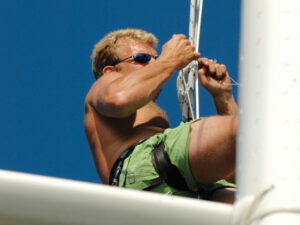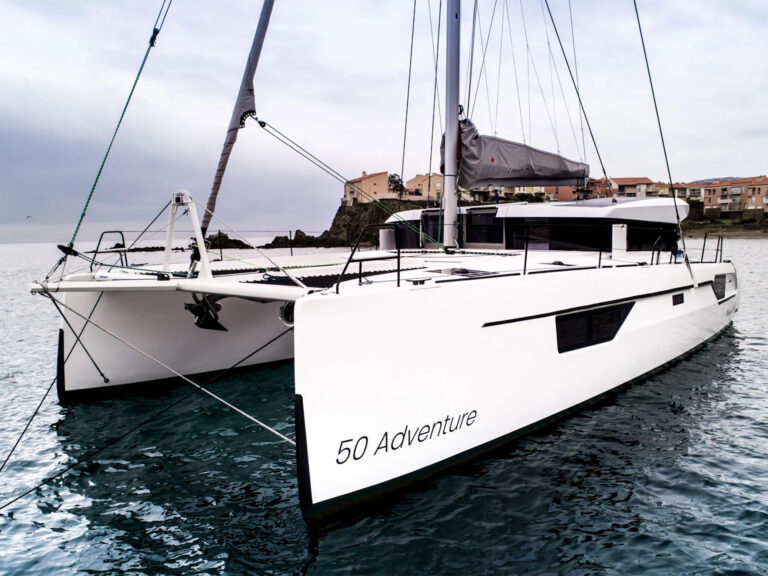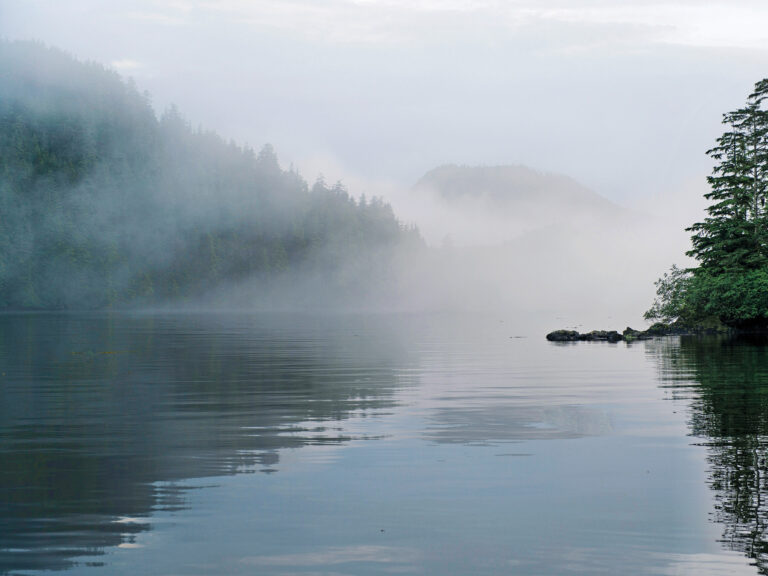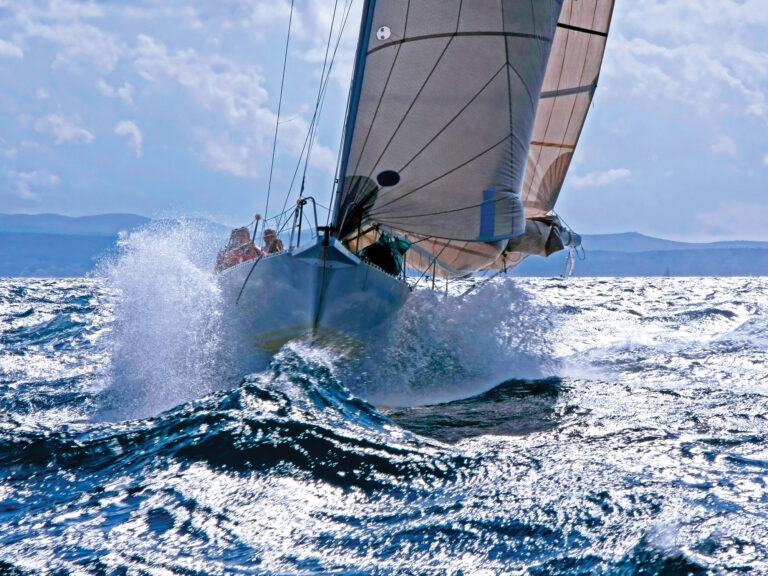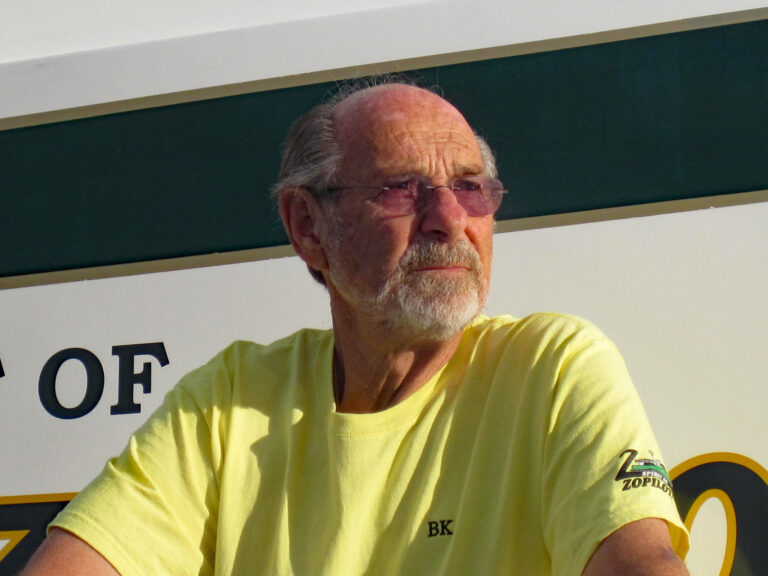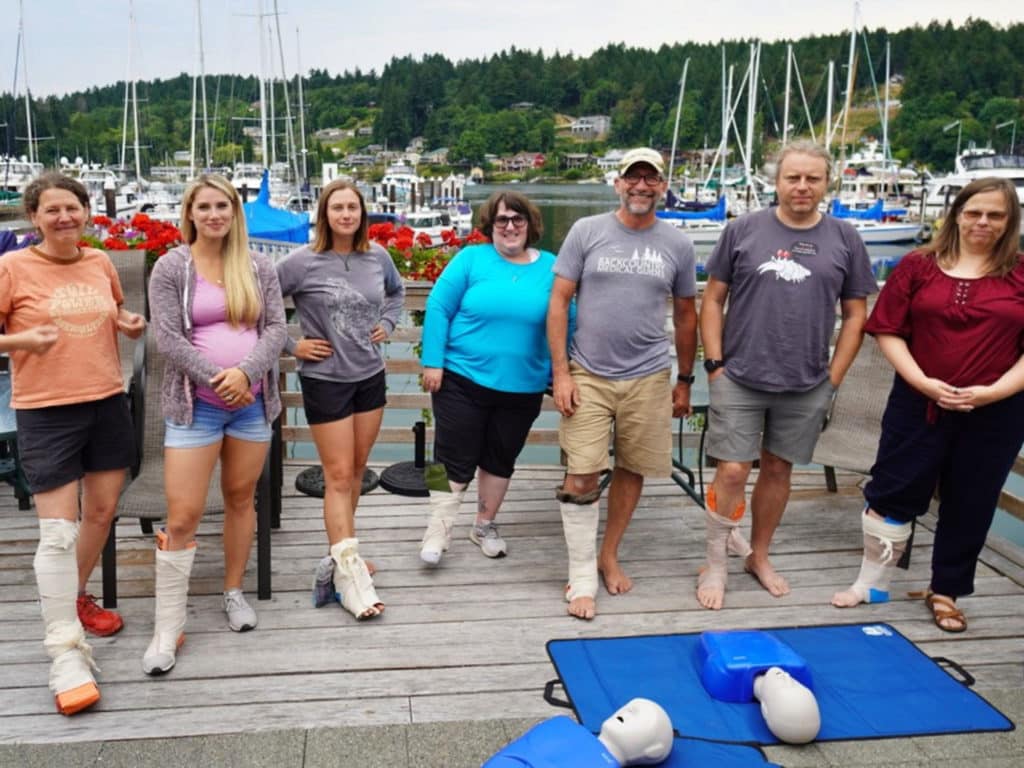
Investing in medical training probably feels to many like investing in a life raft: sunk cost for something you hope never to need. That the material is rarely tailored to boaters may make it easier to shrug off. But medical training is not just an essential piece of pre-cruising prep. Done well, it’s a way of looking at problem solving that can help more than just the immediate need at hand.
Our Recent Offshore Medical Training
On the last weekend of our recent road trip stateside for family visits, Jamie and I took a two-day advanced first aid and CPR course designed for mariners. Our last formal training was in 2008; we were overdue for a refresher course.
Self-paced online sessions (and optional live sessions to support the video portion) were required preparation that set the tone for serious hands-on skills. That learning was put into practice with situational learning during the weekend. And that practical portion was very hands-on: I was literally SORE on the second day from all the compressions we had done! We came away not just with certification, but confidence in our ability to better manage a medical emergency.
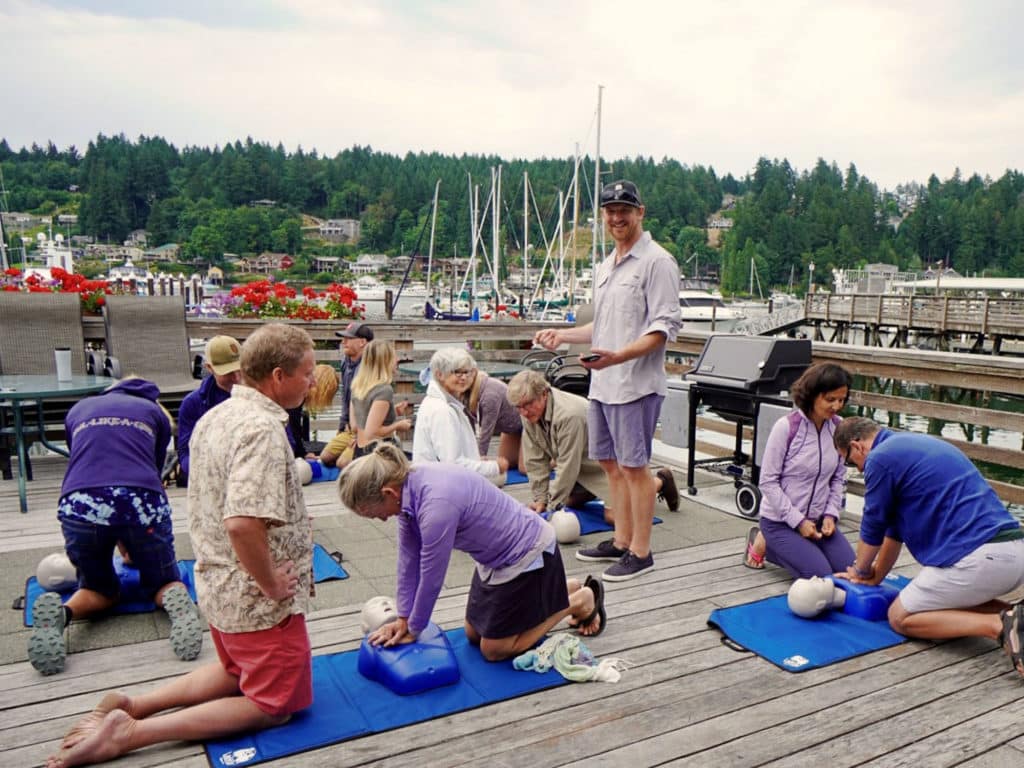
Added bonus: this course of about 20 participants was composed entirely (OK, except for one person) of our coaching clients. So we had a kind of TRU crew get-to-know-you and love fest in addition to the awesome learning. Since most of our coaching is done through Zoom, it was a great opportunity to hang out in person.
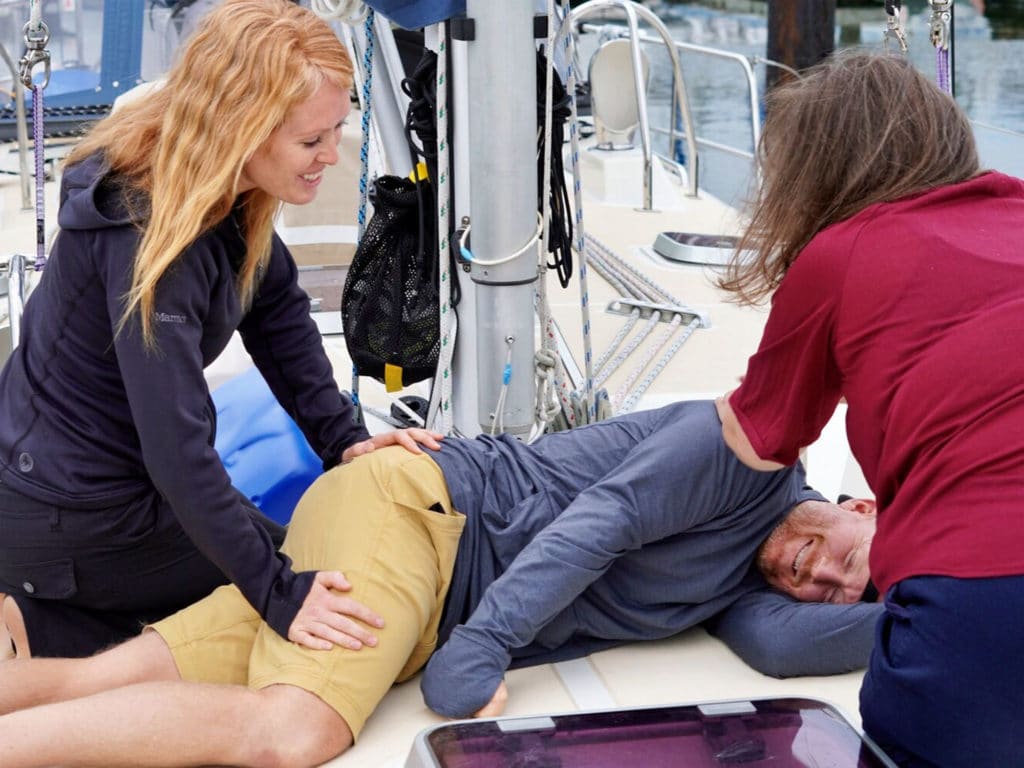
More Than Medical Emergencies
When responding to an emergency, we learned in prior medical training to “first, take your own pulse.” The point is to stop and think about what your approach and actions should be, instead of flailing and possibly contributing to the problem instead of assisting. The Maritime Medical Guides course reinforced this too. And here’s where medical training spills into other excellent preparation for cruising: it’s the realm of safety at sea.
This mindset teaches us to act in a way that’s reasoned rather than hasty. It demands slowing long enough to say, “yes, I will clip-in before going to the aft deck to fix the towed dinghy.” It means learning and practicing procedures, and having documented procedures to follow when those emergency events crop up. It means taking steps to ensure a single emergency doesn’t kick off a domino effect into a full blown crisis.
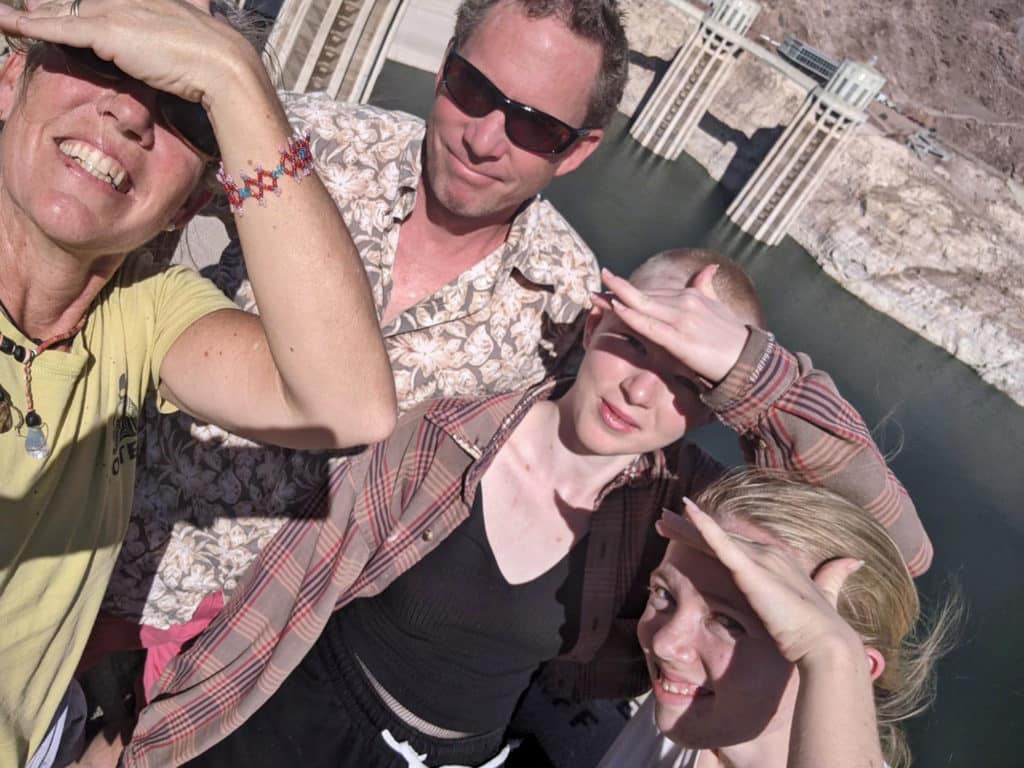
Finding A Training Course
When working with people to go cruising, we usually find ourselves suggesting alternatives to harder-to-find offshore courses. The other In recent years, the Annapolis Boat Show added Wilderness Medical Training’s three-day offshore emergency medicine course to their Cruisers U program – teed up to run before the four days of CU. Fantastic! Not just a great course (which seemed haphazardly scheduled but Annapolis and the show ties into a host of other reasons to make it a destination event.
For non-cruising-specific training, it’s a lot easier to find solid first aid and CPR in your area. Check the Red Cross, the American Heart Association – heck check with your local fire department, or the company you work for. You can be That Person who gets trained up for your floor of the office or school.
Online Training
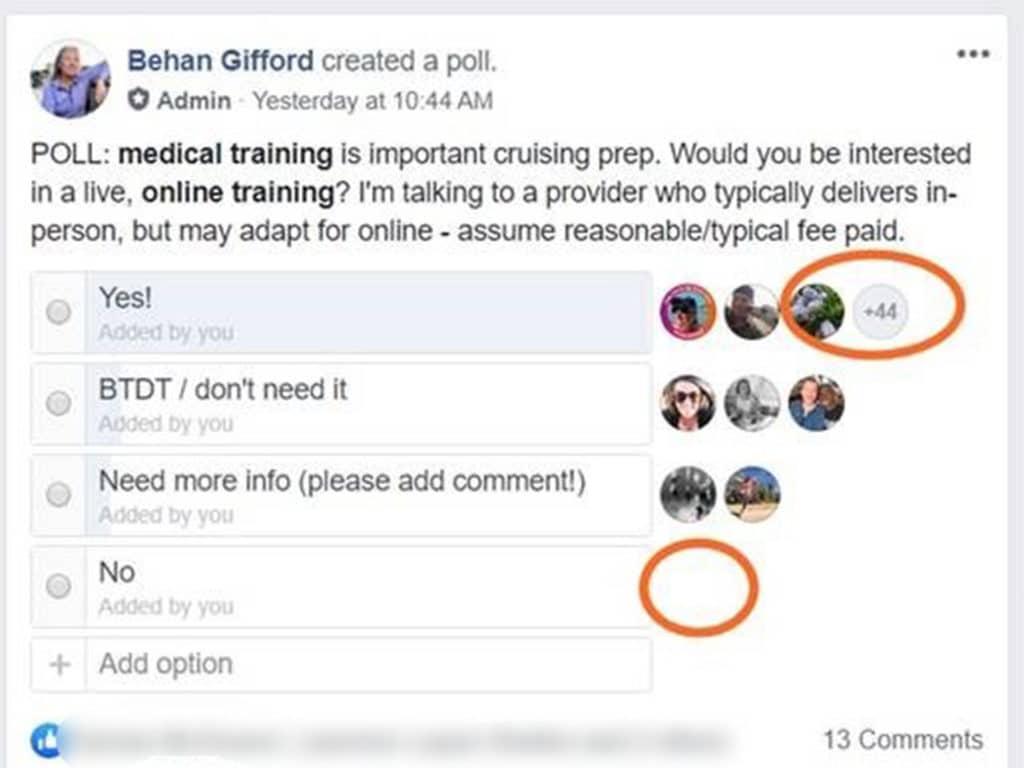
Online training is possible too – well, it is now! When covid uncertainty was surging in the spring of 2020, we had a number of coaching clients looking for options – and finding the courses all canceled, since they are based on live classroom training. I contacted our go-to recommendations for advanced medical training (in addition to the Wilderness Medical course above, that shortlist includes NOLS and Remote Medical) to see who would be putting their courses online. And you know what? They all sat on their hands, except for Maritime Medical. Talk about stepping up – John and his crew developed their online course during covid, filmed largely on his sailboat in and around the San Juan islands, occasionally featuring his quickly growing newborn baby boy. John’s experience as an EMT, and a cruiser, and a liveaboard really come through. Maritime Medicine Online includes the training material we covered in his live course, with additional modules and expert interviews (like – Stan Honey! Randall Reeves!).
Medical References On Board
I use an ereader for most reading, but like having a few different physical references to help on board. When Niall had a kidney stone attack offshore in Mexico a few years ago, it was comparing symptoms across them that gave me confidence in the diagnosis. Our favorite on board is Your Offshore Doctor, by Michael Beilan. We met the good doctor and his wife, Susan, while circumnavigating in their Westsail 43, Infini. Another medical pro who really “gets” cruisers! Martime Medical Guides’ course referenced Marine Medicine: A Comprehensive Guide (Weiss/Jacobs), and we’ve added that to our bookshelf too. For others, scroll to the list of medical references on our Books For Cruisers resource page.
Stocking A First Aid Kit
In addition to training, every boat should have a medical kit matched to their needs – based upon their plans, and health considerations of the crew. It’s tempting to buy an off-the-shelf kit. But what’s really in there? When does it expire? Is it enough? Remember that until you get remote, you will often be able to find medications or supplies locally, or within a day’s sail.
We’re fans of building your own. Finding out what goes inside isn’t too hard: Dr Beilan’s book has three lists – scaling medical kit contents based on how far/remote you plan to range. We spent time in our course talking about equipment, too, and I’m thinking about some additions to Totem.
Training In Action
Our first day back in the yard, there was a serious accident involving another cruiser. A fall, a crash, and an unconscious individual with multiple fractures. Calm, informed care eased a scary situation towards the path to healing – so did the community, with others pitching in to help. A reminder of the incredible value of the preparation we just had, and the practical skills we hope we’ll never need – but can’t say we’re doing our best without seeking out!
While our family has been spared any immediate needs, we’ve seen enough in the community around us to know – learning to handle medical emergencies belongs on the shortlist of skills to prepare for cruising.
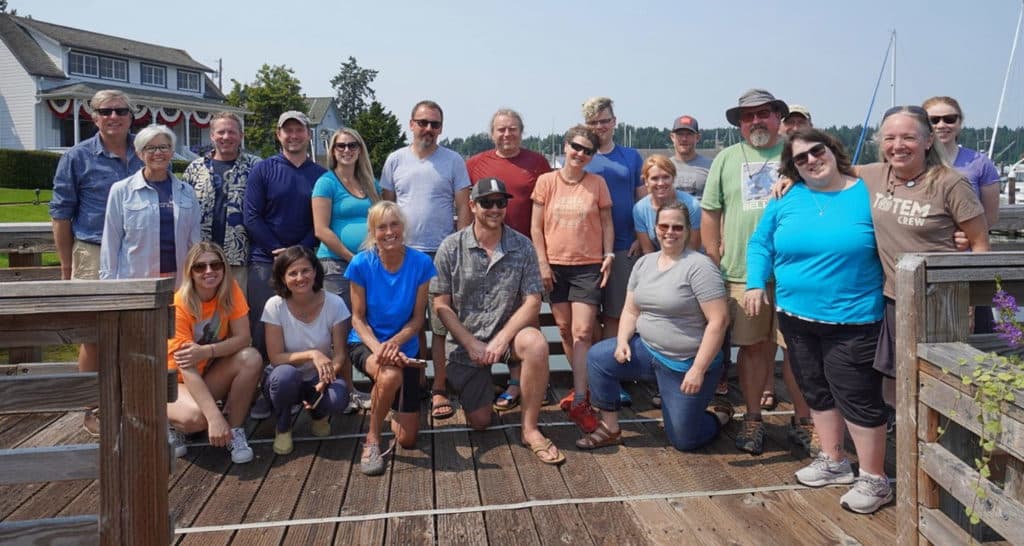
Totem Haps
Our trip back to the USA was nearly a month, and full of memories and opportunities to see family members and friends. Lots of feels! Despite the time, it still went too fast; there are never as many hugs as I hope for. But… it’s good to be back in the shipyard: and as of today, Totem is now primed, and looking fabulous!
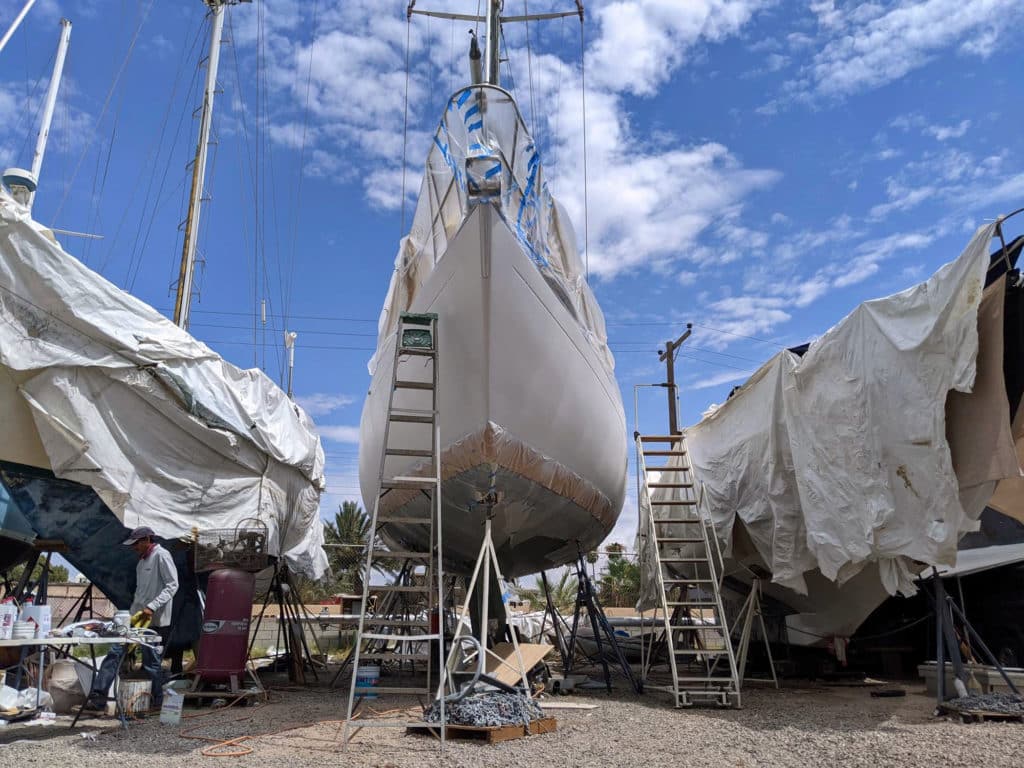
With temps soaring (real feel over 100 daily now, woo!) a nearby apartment and aircon makes life a lot more comfortable. If you thought that apartment living translated no more Sea of Cortez wildlife, you’d be wrong: witness, the little coyote who has been hanging out in the courtyard today! We speculated a range including fox and Puerto Peñasco street dog; the vet confirmed coyote, and was quite surprised. Thanks to our neighbor Rachel, the Salty Señorita, for this picture.
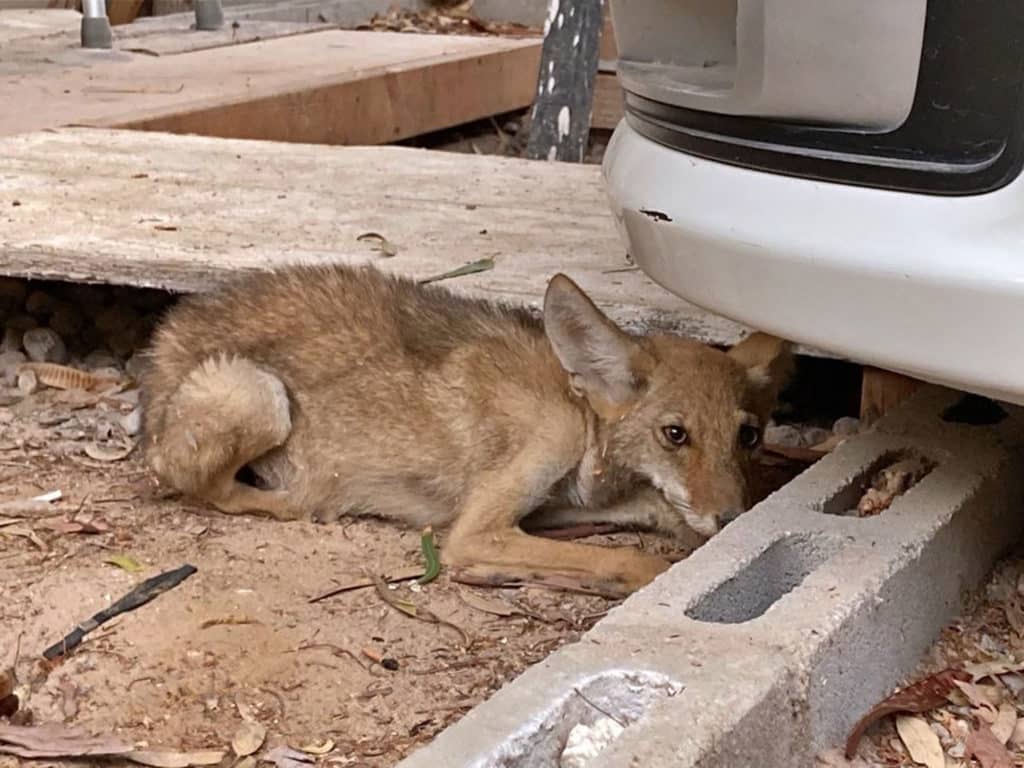
Going to Annapolis for the boat show in October?
It’s only two months away! Jamie and I are planning to teach a range of courses at Cruisers University, including two related to this post: safety at sea, and (the layperson’s) health care for cruising, two topics we think are pretty important – among others. Let us know if we’ll see you there!

